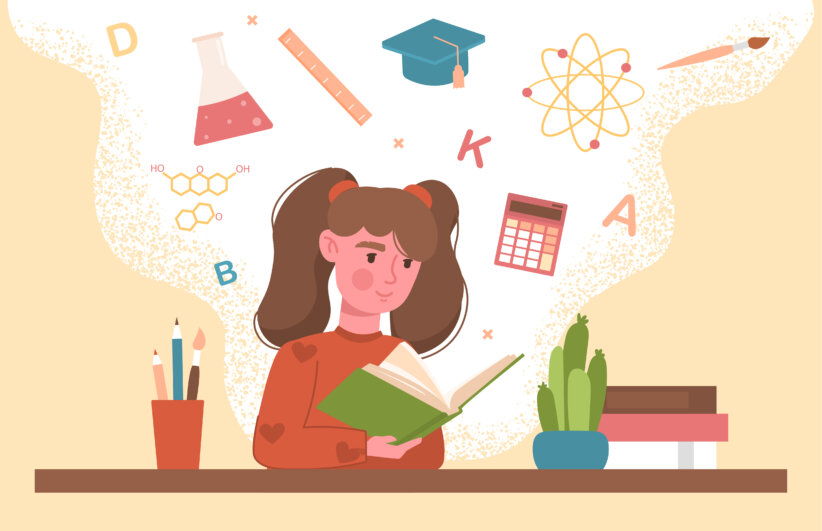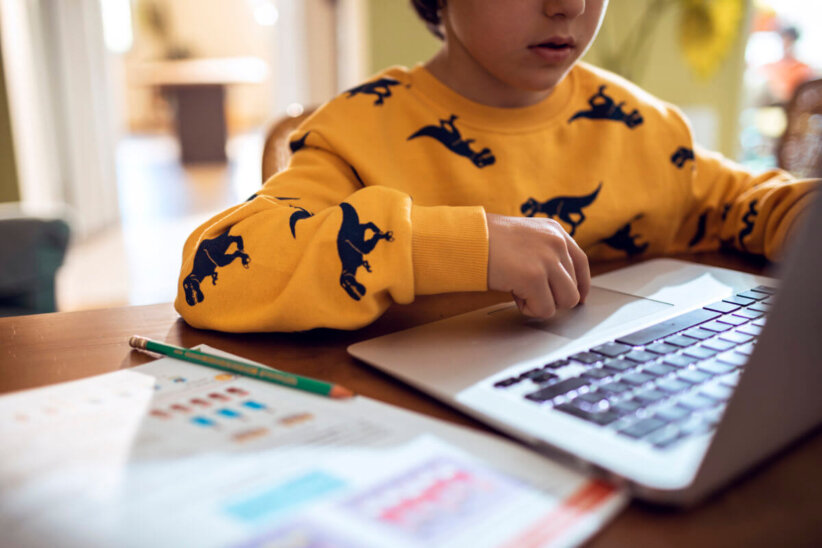When Is Your Child Ready to Learn to Use a Toilet or Potty?
It’s a common question for most parents. After all, being able to use the toilet means no more diapers, which is a relief to many parents. But just when is a child ready to make the leap from diapers to the potty?
Here’s what child-development experts say.
3 A child is ready when he or she:
• Urinates or has bowel movements at more predictable times.
• Is aware of and can communicate – verbally or through facial expression – the need to urinate or have a bowel movement.
• Dislikes wet or soiled diapers.
• Has motor skills that include being able to walk to the bathroom, pull down pants, sit on the potty, relax and actually go in the potty.
• Can understand and follow simple directions.
• Has a social/emotional readiness that involves “wanting” to be toilet trained.
Children are motivated to imitate and please parents, and they have a driving need to be in control. The more these factors coincide, the more smoothly your child can accomplish the task,” writes Ann Stadtler, a nurse practitioner who works with children who have had serious difficulty and delays in toilet training.
Even with all these signs of readiness, Stadtler reminds parents to be patient. “It takes time for a child to connect the signal that her body is giving her with the idea of relaxing and releasing her urine and stool into the potty.”
A child is not ready for toilet training if he
or she resists the toilet or potty in any way, including:
• Not wanting a diaper taken off and struggling if a parent tries.
• Standing at the potty and peeing on the floor or taking off a diaper and having a bowel movement on the floor.
• Hiding somewhere in the house and grunting while having a bowel movement.
• Saying “no, no, no” to your observations that she seems ready to have a bowel movement.
The Advice Varies
Once your child seems ready and you’ve bought a plastic potty, now what?
Most experts say that introducing your child to the potty and stating your expectations about using it are essential. Beyond that, the advice certainly differs. Here’s a look at the views of several widely published parenting experts:
Drs. Brazelton and Sparrow – They believe that most children will not be ready to learn before age 2. They suggest having the child sit on the potty fully clothed at first with a parent sitting nearby. Parents can talk about the potty, how it’s used and that it’s similar to the toilet they use. Parent and child might read a book together while the child sits on the potty.
After introducing the potty a few times, try the next step – let the child run around bare-bottomed and tell her that if she feels the need, she can certainly try to “go” in the potty.
It may work immediately; it may not. But nearly universal is the advice to not punish or become angry with your child if she doesn’t immediately link the need to go with actually doing it on a potty.
John Rosemond – Publicly at odds with Brazelton’s toilet-training philosophy, family psychologist Rosemond believes that a child is actually “capable” of learning between 20 and 30 months of age. He advises parents to tell their toddler that, today, they expect him to start using the potty; then remove the child’s diapers and let him go bare-bottomed.
“While they’re perfectly content to release warm, gooshy stuff into their diapers,” Rosemond writes in his book, New Parent Power!, “children do not like these same substances running down their legs.” When a child has a urine or bowel accident and shows alarm, parents can then remind him to use the potty instead. Rosemond advises focusing intensely on this training over several days.
William Sears, M.D. – His toilet training advice is similar to that of Brazelton and Sparrow, except that he believes parents need to condition a child to use a potty or toilet. He advocates charting a child’s diaper bowel movements for a few days, then trying to catch an impending bowel movement by getting the child to the potty in time. Eventually, the child learns the connection between urine or a stool and the potty.
Penelope Leach, Ph.D. – She advises parents that while they should be clear with the child about using a potty, they shouldn’t constantly remind the child to sit on the potty. She also emphasizes that a child won’t really be ready until he can make a connection between the feeling of “having to go” and the urine or stool that results from that feeling.
Parents are the front-line experts in toilet training. Beyond the foundation of experts’ advice, some parents also advocate using rewards – such as jelly beans or chocolate chips – to encourage using the potty successfully. Some resort to children’s books or videos about the joys of using the potty. And some, like Hutchins, sense a child’s readiness and then rely on the bare-bottomed approach to help the child make the connection between sensing the need to go and learning where to do it.
Beyond the First Successes
Beyond the initial success of using the potty are new challenges, including a child’s fear of flushing a bowel movement (because he’s worried that he’s losing a part of himself); poor timing when away from the potty; and graduating to a stage where he stays dry all night. As with toilet training itself, all of these require patience, support, understanding and encouragement from parents.
What the experts – and parents who’ve been through this – will also tell you is that once a child is successful, you shouldn’t make a big deal out of it – no matter how thrilled you are. Simply treat that success calmly. Point out that the child went to the bathroom just like “mommy” or “daddy,” and acknowledge that the child sure is growing up.
Then maybe whoop and cheer the demise of the diaper when the child is out of earshot!
Deirdre Wilson is a national editor for Dominion Parenting Media.








